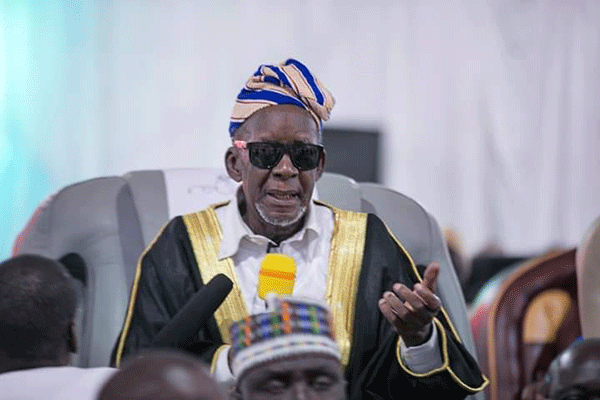
A tree-planting ceremony in Kaolack intended to promote citizen engagement in reforestation took an unexpected turn when tensions flared between the prefect and the city’s mayor, Serigne Mboup.
What began as a civic event quickly escalated into a verbal confrontation that stirred debate nationwide and exposed the often-tense relationship between state-appointed officials and democratically elected local leaders.
The prefect’s comments, deemed inappropriate by many, triggered swift backlash from both civil society and online observers.
The remarks, widely shared on social media, were seen by critics as emblematic of a broader disconnect between the central administration and local governance structures.
Human rights advocate Alioune Tine weighed in on the controversy, posting on X: “Even with ordinary citizens, the minimum of consideration and politeness should prevail,” calling for greater restraint and diplomacy in public office.
In response to the mounting criticism, the prefect released a video apology, a gesture seen as a preliminary step toward reconciliation. But it was the intervention of respected religious figure Serigne Cheikh Tidiane Niass that proved decisive.
Known for his spiritual influence and political neutrality, Niass brought the two officials together behind closed doors to restore dialogue and calm rising tensions.
A photograph of the reconciliation—showing Serigne Mboup and the prefect shaking hands under the watchful eye of Serigne Niass—was widely shared online, symbolizing the enduring role of religious authority in Senegal’s social and political fabric. In moments where institutional diplomacy falters, marabouts often step in as mediators, delivering swift and effective resolutions rooted in moral legitimacy.
While the incident was defused, it reignited critical reflection on the relationship between appointed and elected officials. It spotlighted the friction that can emerge when administrative authority meets the autonomy of popular mandate. The episode underlined a larger question that remains unresolved: how can the state balance control and respect in its dealings with local democracy?
In Kaolack, a handshake may have ended a public spat—but it also served as a powerful reminder of the need to build respectful, cooperative frameworks within Senegal’s decentralized governance landscape.



